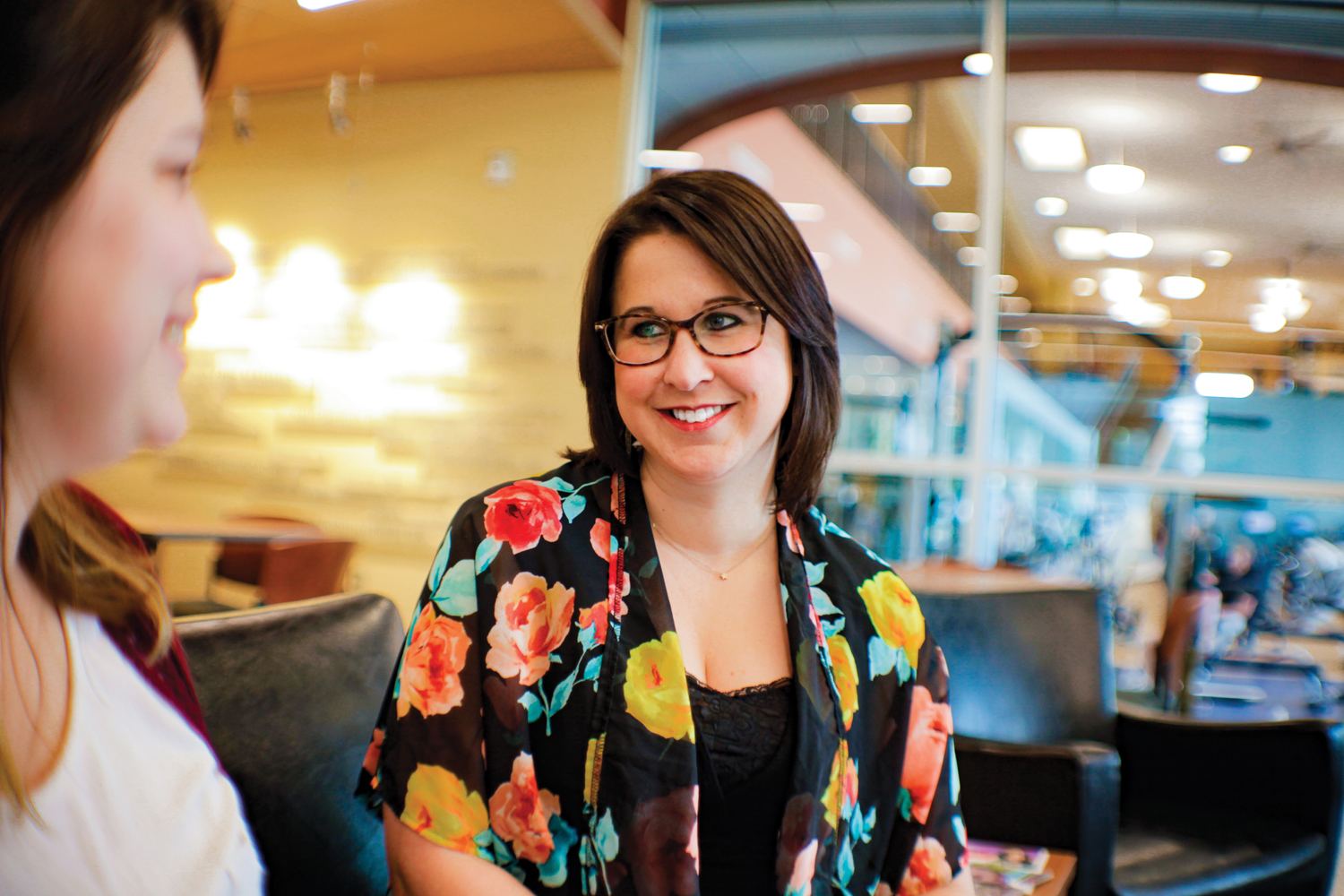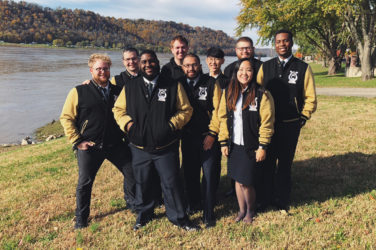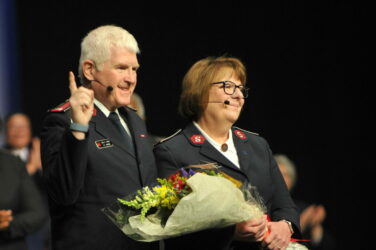Helping youth understand how their behavior affects others is just one of the aims of an innovative restorative justice program being used to help guide at-risk youth at the Ray and Joan Kroc Corps Community Center in Omaha, Neb.
“The goal of restorative justice is to help kids own their behaviors and realize the effects their decisions have on others. It then helps them learn how to repair any harm done because of their behaviors and decisions,” said Jill Harmon, Kroc Center youth engagement manager. “This allows youth to learn from their poor decision making without a punitive approach, which only sends kids down the pipeline to prison.”
According to Jill, the program also destigmatizes and reverses the fear of decision making by teaching youth how to apply critical thinking skills to visualize the effects, both positive and negative, of their decisions and behaviors.
Jill implemented the program at the Kroc Center a year ago. Since then it’s been used with more than 70 youth. Participation requires an agreement signed by the young person and a parent or guardian. A form is used to track and record the results of each step of the process, including specifics about the initial breech of conduct and an agreed-upon deadline to resolve the situation.
Senior Kroc Center Officer A/Captain John Gantner said, “Young people are more likely to prosper in growth when attainable expectations and boundaries are set before them. The restorative justice framework sets clear limits to help children stay on track. And, the glue for the framework is warm encouragement, belief, respect and empowerment.”
The genesis of the restorative justice program came from research and experience in the public education system which showed growing numbers of youth entering the school-to-prison pipeline. Jill, a former teacher, said, “Too often I saw the unavailing results of suspension and the dismal future of repeat offenders.”
As she began researching the issue, Jill found a version of the restorative justice program implemented at a high school in Colorado. After speaking at length with the coordinator about their program and its successes, she modified it to fit the Kroc Center.
Jill and the Kroc Center’s mentoring staff follow up not only with the youth but also their schools and families on a consistent basis to gauge success. Teachers and school administrators have experienced an increase in positive behavior in the classroom as well as greater participation in extracurricular activities from youth who’ve participated.
Parents have expressed appreciation for the program. One mother credited it as a catalyst for positive change in attitude, work ethic and self-esteem for her 14-year-old son. A/Captain Tracy Gantner, Kroc Center officer for program development, concluded, “When children are valued and taught to value each another, human needs are met in the name of Jesus.”




